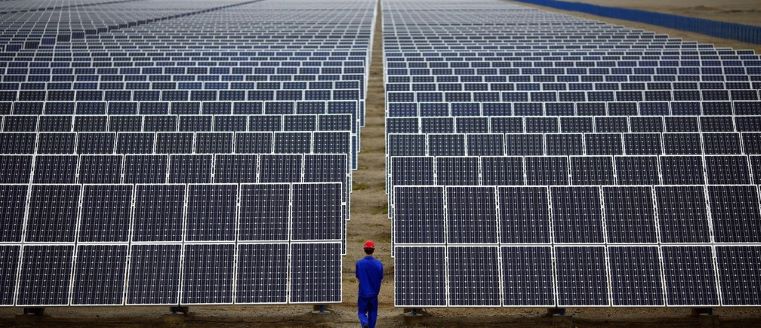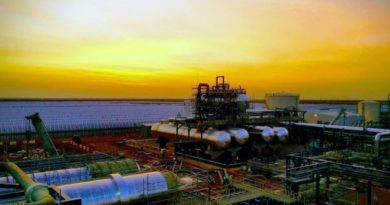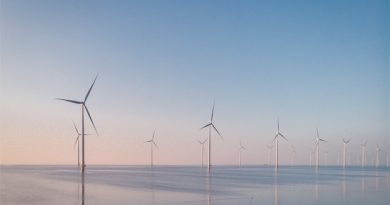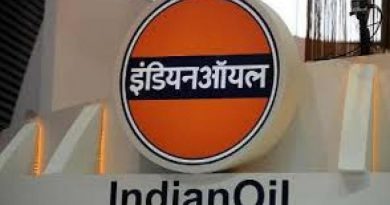Why India is Unlikely To See Anymore World Record Low Solar Prices
Back in 2016, when it came to solar bids, it seemed India was on a tear. Prices had crashed to a record low of Rs 2.44, prompting many to call an impending solar boom in the country. Like so many other booms, this one too flattered to deceive.
 Another one coming up in Rajasthan
Another one coming up in Rajasthan
The news, even if somehow expected, was shocking when it finally came. ACME solar, the firm that had made the audacious Rs 2.44 per Kwh bid for a solar project in Rajasthan back in 2016, was cancelling the project. While that cancellation will go through the familiar legal and bureaucratic hoops now, the fact is, India’s solar boom has been stalling for a while now. Corona hit 2020 might still see small wins, like solar overtaking wind in India, but the big picture remains hazy.
While fresh capacity has been added since then, the rate of addition has certainly slowed down after hitting a peak in 2017. Ironically, the Rs 2.44 record, when it was finally broken this year in June, by Spanish major Solarpack , it hardly drew any such hopes of a coming boom. When we last checked, PPA’s for these bids were still pending, due to lack of demand. That’s just one of the reasons low prices are no longer going to cut it.
What is really interesting is how, in the past 18 months, bids in the middle east and now, Portugal, have comprehensively broken those records.
First, we had Abu Dhabi’s AI Dhafra 2GW project, promoted as the world’s largest single solar PV project where the winning bid came in at 1.35 US cents, a record at the time. Even before work had started here though, came news of a stunning bid at Portugal’s solar auctions, with the lowest bid of 0.132 cents, or 98 paise in rupee terms. So just how did these projects manage such low bids?
In Portugal, these auctions come with an interesting 15 year PPA structure, at the end of which developers can sell the power produced at merchant rates for the remaining 15 year life of the project. It is this second half of the project where calculations have been based, on getting an ‘in’ to the grid at these low prices, to presumably recoup profits in the second half of the project life cycles. That is one reason many analysts have called some of these bids ‘speculative’, although the government of Portugal is hardly complaining, as long as the projects come up.
In the Al Dhafra project, the conditions in the RFP document were really investor friendly. These included:
- The request for proposal provided for reimbursement of development costs to the bidders.
- The development cost includes, costs of internal and external advisory services, independent due diligence costs, costs associated with registration, recordation and/or perfection of financing documents, lenders’ security interests, direct agreements and/or leases, travel, accommodation and other out-of-pocket expenses incurred by bidder up to and including financial closing.
- Bidders were provided with option of take out debt facility costs. Per the RfS, if the bidder includes short-term finance facilities in its proposal, they must also include certain transaction costs in relation to the take-out debt facility.
- Bidder can also avail development fee of up to $25 million.
- Payments will be made in Dirhams. Bidder will propose a percentage of each of the relevant components of the Electrical Energy Payment to be designated as foreign portion or local portion. These percentages will remain constant throughout the term of the PPA. If bidder proposes a higher local portion of the charge rates it will be given more credit as part of the non-price criteria, provided that it correctly reflects the expected ongoing costs.
- RfS also specified that EPC Contractor will receive periodic fees during the Initial O&M period to cover the cost of performing the O&M works. This will be in addition to the contract price.
- RfS also specified that in order to execute the project; bidder will own 40% of the project and local holding companies will own 60%. In this project, Masdar and TAQA would own 60%; consortium of Jinko Power and EDF (The eventual winners) own remaining 40%.
Speaking to a market expert for the Portugal bids, we heard this. More Precision. Bidders assumed very negligible O&M / repair costs for the 15 year PPA period to just about break even. Then, 30 year useful asset life was assumed and merchant sales for the remaining 15 years with assumed market price at between 50 to 60 euros/MWH , which seems inflated to many watchers. Thus, the real value is post PPA. IRR expectation in these are also lower at 4 to 5%, due to much cheaper financing. Finally, Portugal as a young market (like India in 2016?) and this is a volume acquisition/market share game.
On the Abu Dhabi bid, a local expert from one of the bidders points out that the Abu Dhabi procurement of solar PV projects (Dhafra IPP) – has some unique features (different from other Middle Eastern procurements).
For instance, the RFP itself stipulates a series of “time of day” and “time of year” concepts which builds in a multiplication factor on the base tariff which is publicly read out (essentially it adjusts the actual generation with the multiplication factor). The RFP also asks for BESS (Battery and Energy Storage Service) option but that is not built into the LEC.
The multiplication factors as below:
Summer Peak Summer Off-Peak Winter Peak Winter Off-Peak-10 AM to 10 PM 10 PM to 10 AM 10 AM to 10 PM 10 PM to 10 AM
Multiplication Factor 2.30 1.60 1.30 1.00
So generation is multiplied to arrive at the adjusted generation – in effect LEC is c. 1.6 times the public read out.
The other factor is that the RFP allows a hard mini perm financing – which essentially implies a refinancing risk at the maturity date. The difference in this case is that the procurer takes the risk and based on the refinancing terms adjusts the tariff – so in effect (at a high level) the LEC as publicly declared now – can change up or down based on the refinancing terms.
Add to these the certainty in terms of land availability, equipment pricing, power evacuation infrastructure, and assurance of timely payments, all issues plaguing the solar sector massively now in India, and you know that the world has moved on, at least when it comes to the best solar prices now .




